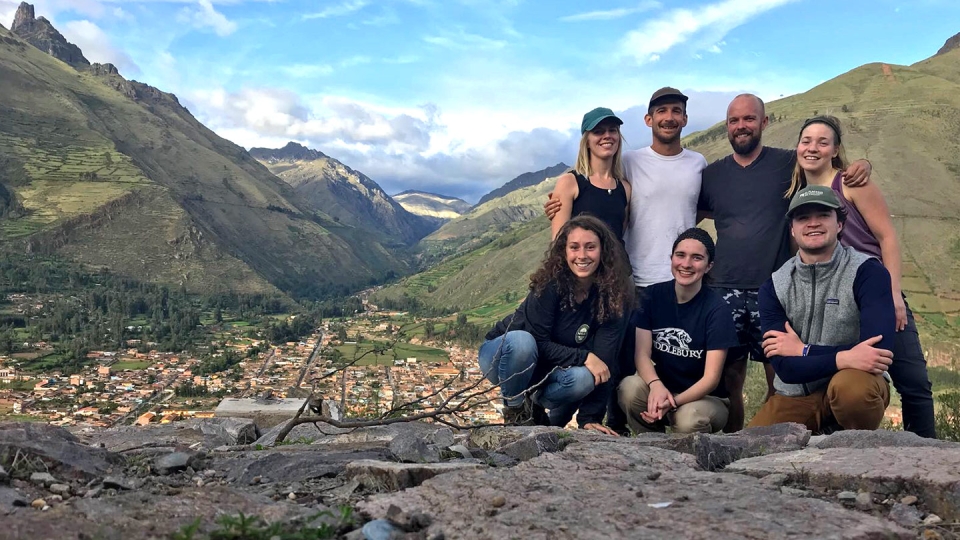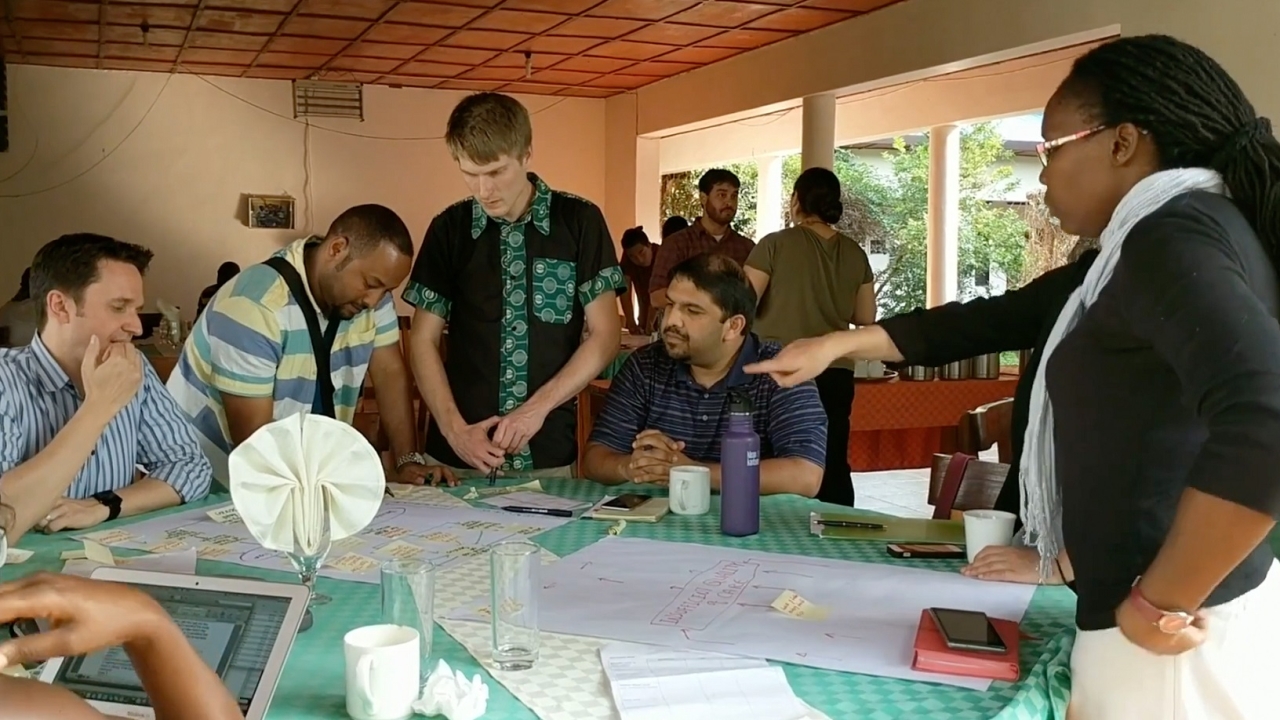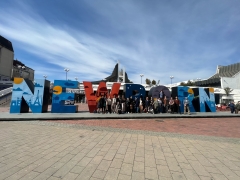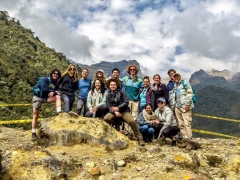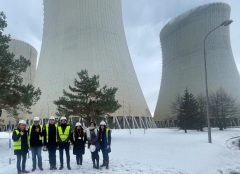Global Course Takes Peace Corps Volunteer Back to Her Post
| by Nadia Pshonyak
A group of students, faculty, and staff recently travelled to Kosovo and North Macedonia as a part of the Nationalism and the Formation of New States in the Balkans global course. This year’s iteration of the trip was held over spring break and was led by Dr. Anne Campbell and Dr. Phil Murphy, two MIIS faculty members with ties to the region, as well as two students who had served as Peace Corps volunteers in North Macedonia.

